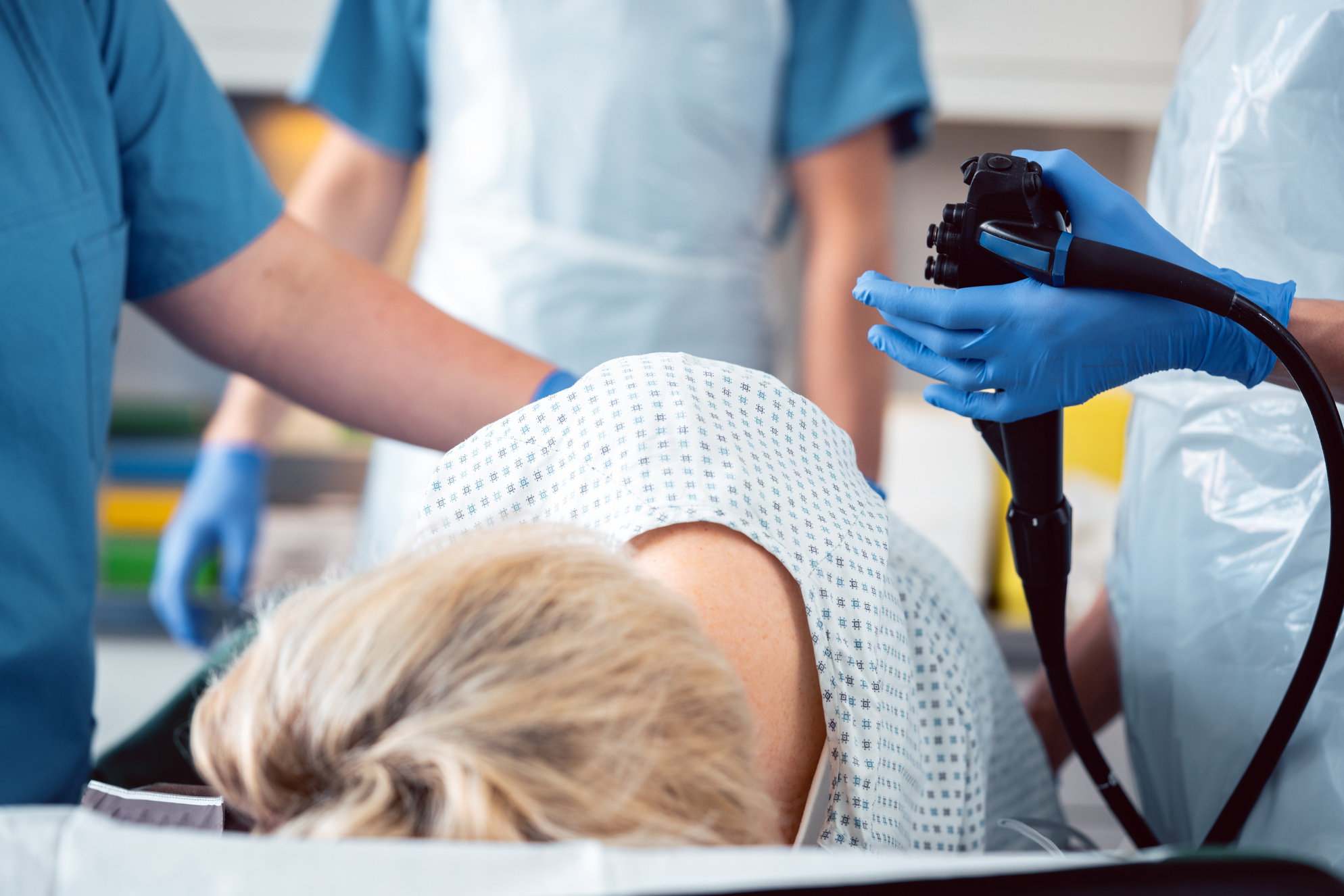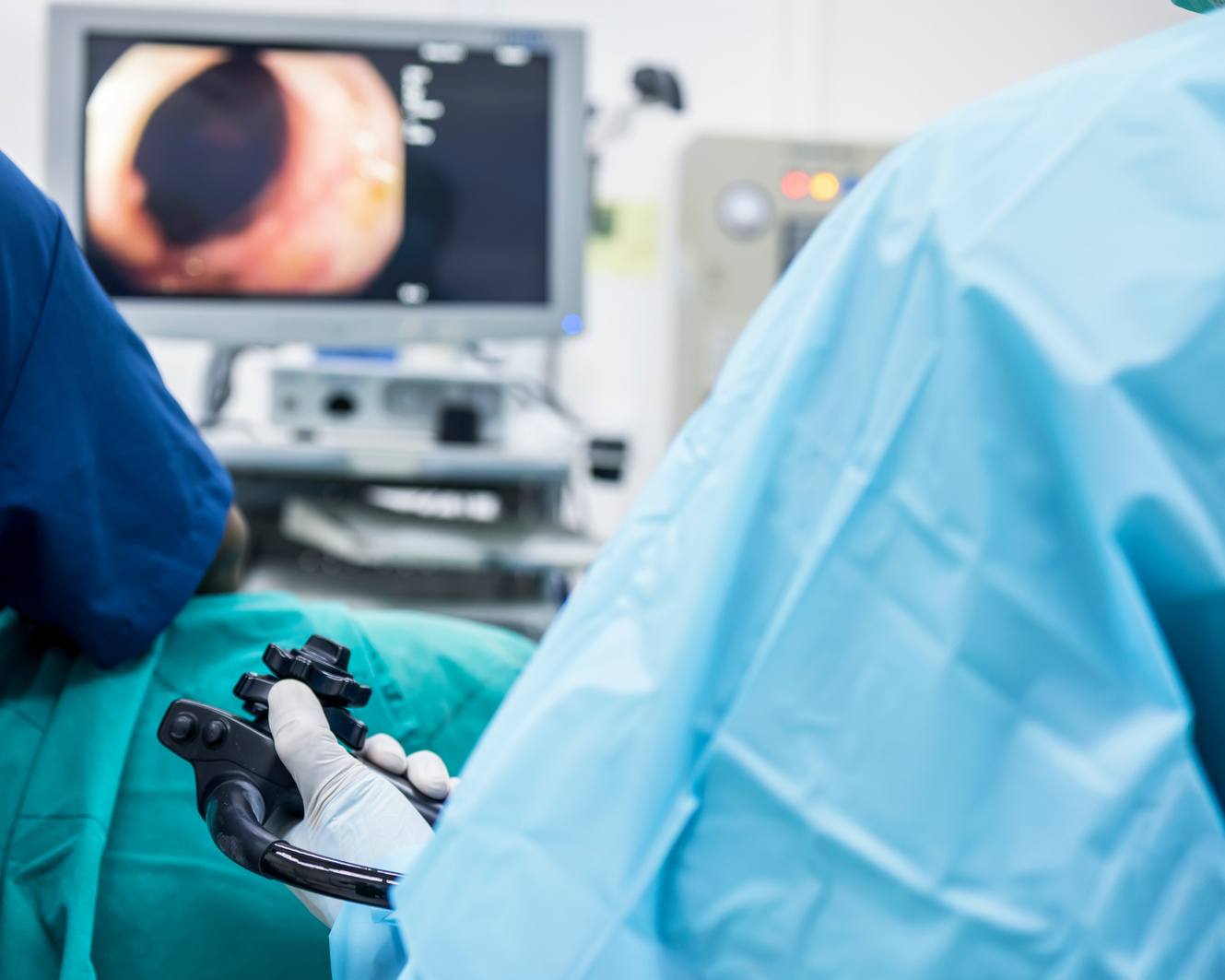Have you ever wondered about the importance of preventive health screenings?
One such screening that’s often overlooked but crucial for maintaining your well-being is a colonoscopy. This procedure involves a thorough examination of your large intestine using a flexible tube with a tiny camera.
Read on to discover what a colonoscopy screening entails and why it holds significant importance for your health.
Importance of Early Detection
Early detection of potential health issues is one of the primary reasons for undergoing a colonoscopy. The screening can identify abnormalities such as polyps or inflammation before they develop into more serious conditions.
To highlight the value of early detection, consider the following points:
- Effective colorectal cancer screening: Colonoscopies are essential for identifying colorectal cancer at an early stage when treatment is most effective. By detecting cancerous growths early, patients have a much better chance of successful treatment and recovery, often avoiding more aggressive treatments that might be needed if the cancer is discovered later.
- Proactive cancer prevention: During a colonoscopy, healthcare providers can find and remove precancerous polyps before they turn into cancer. This preventative step is vital for reducing the overall risk of colorectal cancer, making it a key benefit of regular screenings. Early removal of polyps means they never have the chance to develop into something more dangerous, offering peace of mind and a proactive approach to health.
- Personalized monitoring for high-risk patients: For individuals with a family history of colorectal cancer or specific genetic conditions, early and regular screenings are even more critical. Early detection allows for a customized monitoring plan that takes into account their higher risk, ensuring that any potential issues are caught and addressed quickly.
- Timely diagnostic colonoscopy: If symptoms such as unexplained abdominal pain or changes in bowel habits occur, a diagnostic colonoscopy can help identify the cause early on. Whether it’s inflammation, polyps, or other issues, catching these problems early enables prompt treatment, which can prevent more severe complications down the line.
Given the importance of early detection, many individuals seek colonoscopy Singapore for its advanced healthcare services. The country is known for its high-quality medical care and early detection methods, making it an ideal place for these vital screenings. Patients can expect state-of-the-art facilities and highly trained professionals dedicated to ensuring their comfort and safety throughout the procedure.
Understanding the Colonoscopy Procedure
The colonoscopy procedure is designed to be thorough yet manageable for the patient. Before undergoing the procedure, preparation is essential to ensure clear visibility. This involves a specific diet and a bowel prep regimen that often includes fasting and taking laxatives to cleanse the bowel.
To help you understand what to expect, here are the key components of the colonoscopy procedure:
- Bowel preparation: This step is critical. A clear bowel allows for a better examination of the colon. Patients typically follow a liquid diet for 24 hours prior and take prescribed laxatives to ensure their colon is empty.
- Sedation options: To make the experience more comfortable, patients usually receive sedation. Options may include mild sedatives or deeper anesthesia, depending on individual preferences and the healthcare provider’s recommendations.
- Procedure duration: A standard colonoscopy lasts about 30 minutes. However, the time may vary based on findings and any additional procedures required, such as removing polyps.
- Post-procedure care: After the procedure, patients are monitored until the effects of sedation wear off. They should arrange for someone to drive them home since they may feel drowsy.
Understanding these components can help ease anxiety and prepare individuals for their colonoscopy.
Recovery and Follow-Up
Recovering from a colonoscopy is generally straightforward, but it’s essential to follow specific guidelines to ensure optimal health outcomes. Taking the time to understand the recovery process can help alleviate concerns and promote a smooth transition back to daily activities.
To support a healthy recovery and maintain ongoing well-being, consider the following points:
- Post-procedure instructions: After the procedure, you’ll receive detailed instructions regarding your diet and activity level. It’s typically advised to start with a light diet for the first day to ease your digestive system back into regular eating.
- Watch for symptoms: Monitoring for unusual symptoms after the colonoscopy is crucial. Look out for any severe abdominal pain, fever, or excessive bleeding. If you experience any of these symptoms, contact your healthcare provider immediately for guidance.
- Follow-up appointments: Depending on the findings from the colonoscopy, follow-up appointments may be necessary. These could involve scheduling another screening or additional evaluations if any abnormalities were noted during the procedure.
- Regular screening schedule: Adhering to a regular screening schedule is vital for ongoing health. Typically, individuals at average risk should start screenings at age 45 and continue every ten years if no abnormalities are detected. Your healthcare provider will recommend a personalized schedule based on your risk factors.
- Support system: Having a support system in place can enhance recovery. Consider discussing your experience with family or friends, as their encouragement can aid your emotional well-being during the recovery period.
Following post-procedure guidelines and maintaining regular check-ups are crucial steps in preserving your health and well-being. Prioritizing these practices can lead to improved long-term outcomes and peace of mind regarding your health status.
Risks and Considerations
While colonoscopies are generally safe, it’s essential to consider potential risks associated with the procedure. Understanding these risks helps patients make informed decisions about their health.
To help you consider the possible complications, here are some risks and considerations related to colonoscopy screenings:
- Perforation risk: In rare cases, the colonoscope may cause a tear in the colon wall, known as perforation. This serious complication requires immediate medical attention.
- Bleeding: There may be a risk of bleeding, especially if polyps are removed during the procedure. While this is usually minor, it can sometimes require further intervention.
- Infection: Though uncommon, infections can occur. Proper sterile techniques during the procedure help minimize this risk.
- Sedation effects: The use of sedation can lead to side effects such as dizziness, nausea, or allergic reactions. Patients should discuss any concerns with their healthcare provider before the procedure.
Understanding these risks helps individuals weigh the benefits of screening against potential complications. Consulting with a healthcare provider can address any concerns and provide tailored advice.
Final Thoughts
Colonoscopy screening is a crucial tool in maintaining colon health and preventing colorectal cancer. Understanding the procedure, its importance, and the associated risks can empower individuals to take charge of their health. Regular screenings, starting at the appropriate age or based on risk factors, can lead to early detection and better health outcomes. Prioritize your health by discussing colonoscopy options with your healthcare provider and scheduling screenings as recommended.











Post a Comment